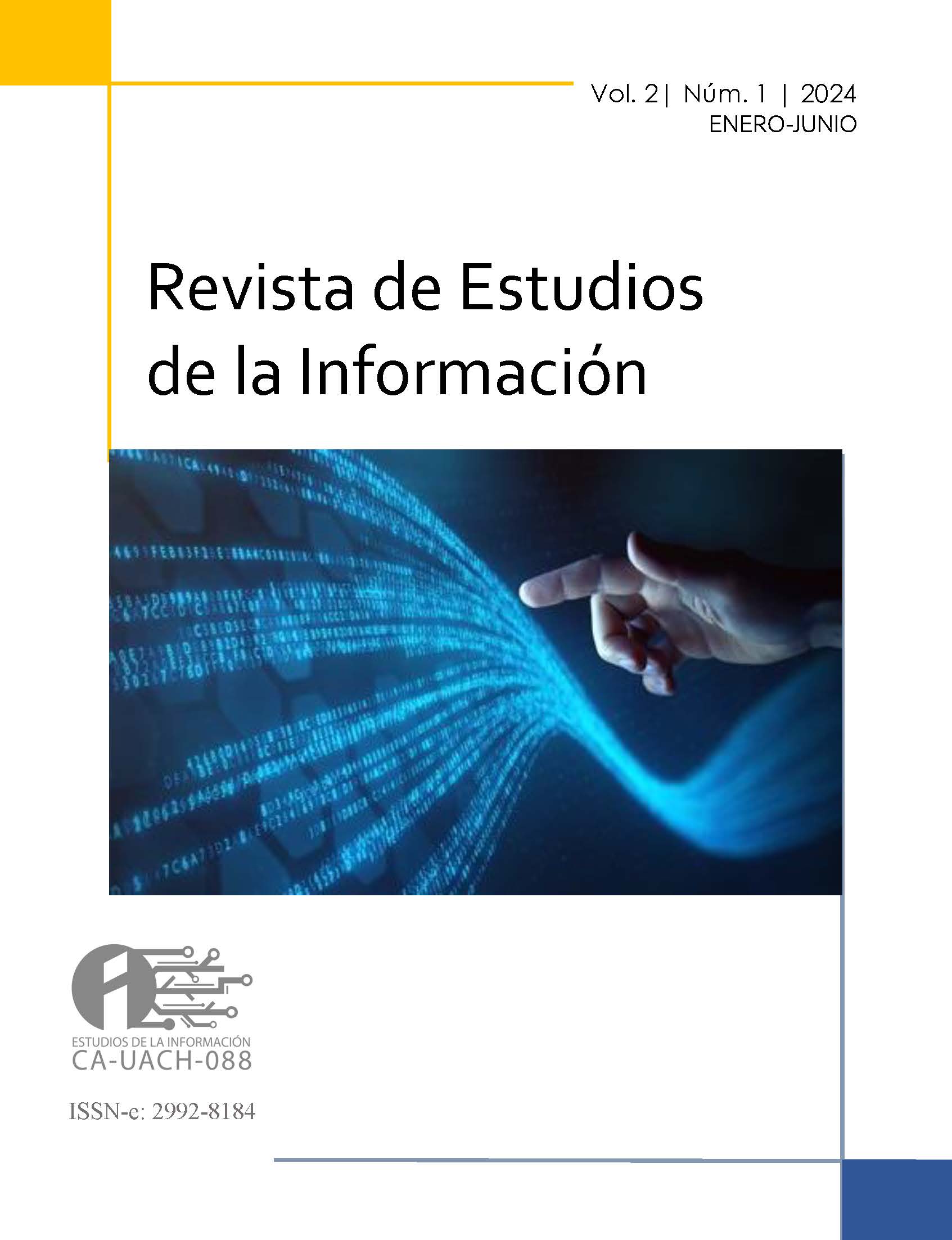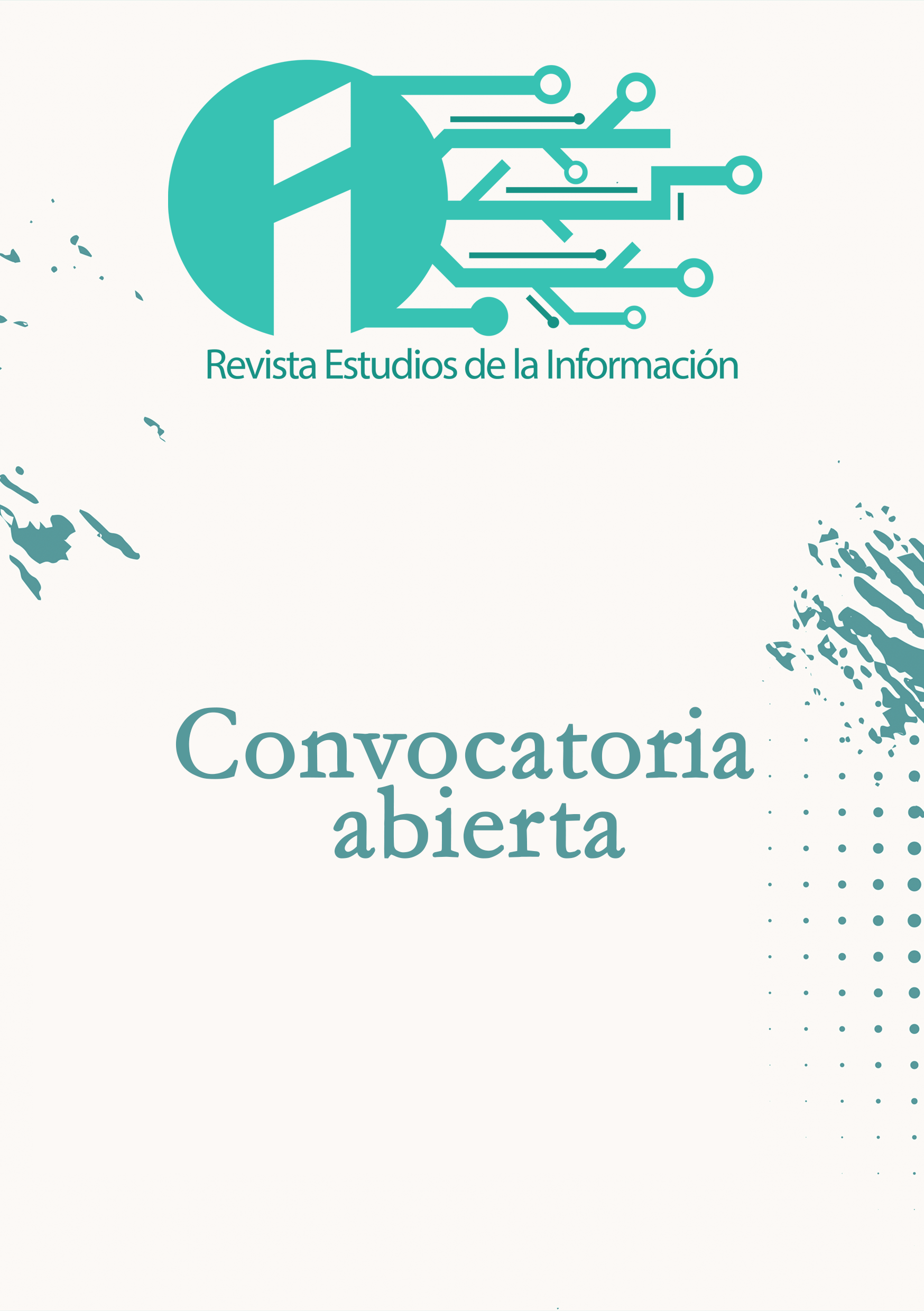Digital update processes in the use of information, communication, knowledge and learning technologies
The case of STEAM Projects at the Technical Secondary School of the State of Mexico No. 135
DOI:
https://doi.org/10.54167/rei.v2i1.1394Keywords:
2023 Agenda, STEAM, educational innovation, technologyAbstract
Considering the 2030 agenda and the 17 sustainable development goals in the objective 4.c; which are based on considerably increasing the supply of qualified teachers, including through international cooperation for teacher training in developing countries, especially the least developed countries, begins the Case Study of Technical Secondary School 135, which was third place winner at the national level of the "FIRST LEGO" "League Challenge" 2022 Contest, with the presentation of a project designed with the methodology of Science (science), Technology (technology), Engineering (engineering) and Mathematics (mathematics) (STEM) (for its acronym in English) and the current term adds art (STEAM) to these disciplines, with this alliance was generated between the use of digital tools and their application in sustainable development projects that set a goal for 2030 in educational matters. It’s important to mention the interdisciplinarity underlies the epistemic constitution of the object; same as in the theoretical tools is a reason for revision, as well as the care in the analysis that will be carried out of the empirical data, the holistic presence of the same has also been recognized through recognizing a new panorama in the educational area in the formation of the thought of the teen; which entails changes in social activities, since the theoretical bases of the STEAM Project are related to technological development and innovation worldwide; which has implied since the COVID-19 Pandemic a series of updates by teachers and one of the main strategies that most impacts the academic training of new generations.
Downloads
References
Bolaño Muñoz, O. E. (2020). El constructivismo: Modelo pedagógico para la enseñanza de las matemáticas. Revista EDUCARE - UPEL-IPB - Segunda Nueva Etapa 2.0, 24(3), 488–502. https://doi.org/10.46498/reduipb.v24i3.1413
Cabero-Almenara, J. y Palacios-Rodríguez, A. (2020). La evaluación de la educación virtual: las e-actividades. RIED. Revista Iberoamericana de Educación a Distancia, 24(2), 169-188. https://doi.org/10.5944/ried.24.2.28994
Caicedo Casas, S. Cruz Forero, L. D. y Solano Briñez, W. R. (2017). Recursos educativos abiertos como posibilitadores de pensamiento crítico en dos ambientes de aprendizaje [Tesis de Maestría en Educación, Universidad de Los Andes]. https://bitly.ws/34JBR
Carneiro, R., Toscano, J.C., y Díaz, T. (Coord.). (2021). Los desafíos de las TIC para el cambio educativo. OEI; Fundacion Santillana. https://bitly.ws/EBQv
Celis Cuervo, D. A. y González Reyes, R. A. (2021). Aporte de la metodología STEAM en los procesos curriculares. Revista Boletín REDIPE, 10(8), 286-299. https://bitly.ws/34JVU
Córica, J. L. (2020). Resistencia docente al cambio: Caracterización y estrategias para un problema no resuelto. RIED. Revista Iberoamericana de Educación a Distancia, 23(2), 255-272, 2020. https://doi.org/10.5944/ried.23.2.26578
Cortés Rincón, A. (2016). Prácticas innovadoras de integración educativa de TIC que posibilitan el desarrollo profesional docente: Un estudio en Instituciones de niveles básica y media de la ciudad de Bogotá (Col) [Tesis doctoral, Universitat Autónoma de Barcelona]. https://bitly.ws/LjJY
del Cerro Velázquez, F. y Lozano Rivas, F. (2018). Estudio de un caso de enseñanza de materias STEM a través del ecourbanismo apoyado por herramientas avanzadas de diseño, en el horizonte 2030 de objetivos de desarrollo sostenible (ODS). Revista de Educación a Distancia (RED), 58(12), 1-22. http://dx.doi.org/10.6018/red/58/12
Díaz Pérez, A. y Sierra López, L. (2020). Competencias digitales del docente universitario. SUMMA. Revista Disciplinaria en Ciencias Económicas y Sociales, 2(1), 105-125. https://bitly.ws/34JHE
García-Fuentes, O., Raposo-Rivas, M. y Martínez-Figueira, M. (2023). El enfoque educativo STEAM: una revisión de la literatura. Revista Complutense de Educación, 34(1), 191-202. https://dx.doi.org/10.5209/rced.7726
Gobierno del Estado de México. (2023). Conoce mi escuela: Escuela Secundaria Técnica Núm. 135 Tlacaelel. https://bitly.ws/34Jrs
Instituto Nacional de Estadística y Geografía. (2022). Buscador de datos geográficos: La Purificación Tepetitla. INEGI https://bitly.ws/34JkY
López-Gamboa, M. V. (2021). Curso virtual: educación STEM/STEAM, concepción e implementación. Experiencias de su ejecución con docentes costarricenses. Revista Innovaciones Educativas, 23(número especial), 163-177. https://doi.org/10.22458/ie.v23iespecial.3620
Méndez, P. J. (2012). Mundos cambiantes: la tecnología y la educación 3.0. Revista Complutense de Educación, 23(1), 11-22. https://doi.org/10.5209/rev_RCED.2012.v23.n1.39099
Nájar Sánchez, O. (2016). Tecnologías de la información y la comunicación aplicadas a la educación. Praxis & Saber, 7(14), 9-16. https://doi.org/http://dx.doi.org/10.19053/22160159.5215
ONU (2023). La Agenda para el Desarrollo Sostenible. https://bitly.ws/nW5Y
Payer, M. (2017). Teoría del constructivismo social de Lev Vigotsky en comparación con la teoria Jean Piaget. UNAM. https://bitly.ws/34Jww
Reyes Chávez, R. y Prado Rodríguez, A. B. (2020). Las Tecnologías de Información y Comunicación como herramienta para una educación primaria inclusiva. Revista Educación, 44(2), 1-32. https://doi.org/10.15517/revedu.v44i2.38781
Ruiz-Ledezma, E. R., Acosta-Magallanes, F. y Valero-Cázarez, M. S. (2022). Aproximación interdisciplinar STEM con recursos tecnológicos para el tratamiento de conceptos de física y matemáticas. CULCYT. Cultura Científica y Tecnológica, 19, 13-22. https://doi.org/10.20983/culcyt.2022.4.2.2
Sunkel, G., Trucco, D. y Espejo, A. (2013). La integración de las tecnologías digitales en las escuelas de América Latina y el Caribe: Una mirada multidimensional. Naciones Unidad. https://bitly.ws/34JEK
Tonucci, F. (2008). La máquina escolar. Centro de Documentación Crítica.
UNESCO. (2022). The higher education we want: Youth voices on the futures of higher education. UNESCO. https://unesdoc.unesco.org/ark:/48223/pf0000382995
Downloads
Published
How to Cite
-
Abstract180
-
PDF (Español)13
-
EPUB (Español)0
-
HTML (Español)3







